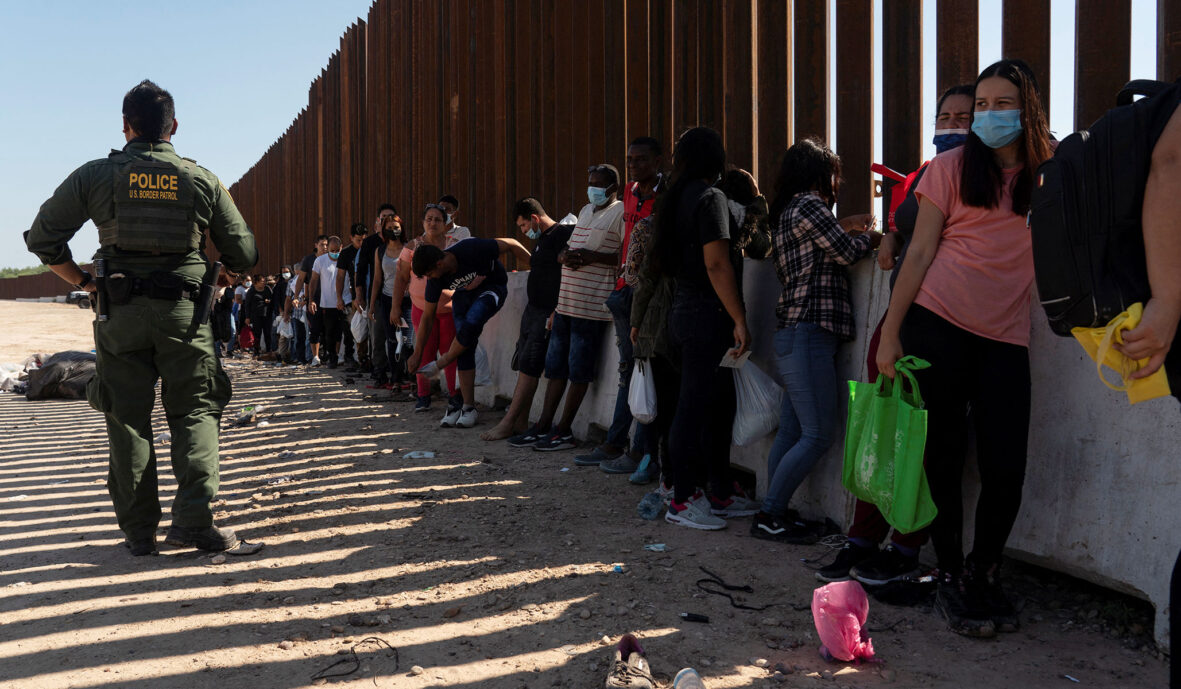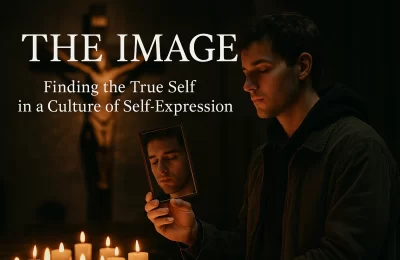Kilmar Abrego Garcia’s story is more than a headline. It’s a mirror reflecting the collision between law and enforcement, protection and sovereignty, and policy and perception. In March 2025, Abrego Garcia—an undocumented immigrant from El Salvador—was deported from the U.S. despite a court order legally protecting him from removal. His case has become a flashpoint in the broader immigration debate, raising questions about due process, executive authority, and the limits of international diplomacy.
An Illegal Entry and a Legal Lifeline
Kilmar Abrego Garcia crossed the U.S. border illegally in 2011 at the age of 16. Like many others fleeing gang-dominated regions of Central America, he claimed he was escaping recruitment and violence. After several years in the U.S., in 2019, an immigration judge granted him “withholding of removal”—a legal status that doesn’t grant citizenship or residency, but does prevent deportation to a specific country if persecution is likely. It’s a status often described as a kind of legal “limbo”: the individual is allowed to remain and work, but without a pathway to permanency.
A Mistake or a Mandate?
In March 2025, despite his protected status, Abrego Garcia was arrested and deported by U.S. Immigration and Customs Enforcement (ICE). Officials initially called it an “administrative error,” admitting he was placed on a mass deportation flight to El Salvador against court orders. The federal court that had issued the protection order ruled the deportation unlawful. The U.S. Supreme Court agreed, affirming that the deportation violated due process.
No Way Back?
But here’s the twist: Abrego Garcia is now back in El Salvador. And under international law, the U.S. cannot compel a sovereign nation to return one of its own citizens—even if the deportation violated U.S. law. The Salvadoran government has refused to release him, calling him a threat to national security. Regardless of the U.S. legal ruling, El Salvador holds the final say.
In essence, a man protected by U.S. law is now imprisoned in his country of origin, with no clear way back to the United States. It’s a diplomatic standoff—and possibly, the end of the road for Abrego Garcia.
The Politics of Perception
The Trump administration insists Abrego Garcia is affiliated with the MS-13 gang, citing gang intelligence reports, ICE documentation, and a Prince George’s County Gang Field Interview Sheet. These records describe him as a validated MS-13 member (clique: “Westerns”), known by the moniker “Chele,” and associate him with other high-ranking gang members.
In addition to gang validation, public reports have now surfaced exposing Garcia’s record as a repeat domestic violence offender. According to newly revealed police records and bond hearing transcripts, Garcia was denied bond in 2019 due to findings by the Immigration Judge and the Board of Immigration Appeals that he posed a danger to the community. These findings were upheld even after the defense challenged the credibility of the confidential informants.
Attorney General Pam Bondi recently reaffirmed the administration’s position, stating plainly: “He stays in El Salvador. End of story.” Her comments reflect the administration’s stance that Garcia’s removal is not only legally justified but aligns with public safety priorities and prevailing public opinion.
From a public opinion standpoint, the administration’s actions reflect what many Americans have called for: a firmer stance on border enforcement and deportation. Polling consistently shows broad support for deporting individuals who entered the country illegally—especially those perceived as security risks. In that light, the administration is fulfilling a campaign promise rooted in a law-and-order platform.
Democratic lawmakers, including Senator Chris Van Hollen, have seized on the case to highlight concerns about immigration enforcement under the Trump administration. They argue the case reflects a broader constitutional issue: the erosion of judicial authority and due process when the executive branch refuses to act. The Democratic response also aligns with their broader advocacy for immigrant rights, due process protections, and the rule of law.
But to others, the case underscores the dangers of a porous system—one that allows undocumented migrants to remain in the country indefinitely under special protections, creating ambiguity that frustrates both sides of the political aisle.
How We Got Here
The current situation is not occurring in a vacuum. In recent years, U.S. border policy has come under significant strain due to a dramatic rise in unauthorized crossings. Critics of prior administrations point to a lack of enforcement, the expansion of humanitarian parole, and inconsistent asylum policy as contributing to an overwhelmed system. According to Customs and Border Protection, record numbers of migrants have crossed the southern border in recent years—including individuals flagged for criminal activity, gang affiliation, drug trafficking, human trafficking, and, in isolated cases, suspected ties to terrorism.
While the majority of migrants are seeking better economic or safety conditions, these real security concerns have added urgency to the call for comprehensive immigration reform and improved border security.
A Familiar Pattern
This isn’t the first time the U.S. has deported individuals protected under court orders. In 2019, Jimmy Aldaoud—a mentally ill man born to Iraqi parents—was deported and died shortly thereafter in Iraq. Courts have long struggled to balance enforcement with humanitarian obligations. The Kilmar Abrego Garcia case is another chapter in that ongoing story.
What This Case Reveals
1. The System’s Strain: Withholding of removal is a necessary safeguard, but it creates long-term legal gray zones with no clear resolution.
2. The Limits of Sovereignty: U.S. courts can order actions—but cannot enforce them across borders.
3. The Executive-Legislative Gap: When policy and politics collide, legal rulings risk becoming symbolic.
4. Public Trust: The conflicting narratives—from gang accusations to humanitarian pleas—erode confidence in the integrity and fairness of the system.
Conclusion
Kilmar Abrego Garcia’s case doesn’t offer easy answers. He entered the country illegally. He was granted legal protection. He was deported unlawfully. And now he’s held by a sovereign nation that refuses to let him go. Allegations surrounding his gang involvement, domestic violence, and previous law enforcement encounters further complicate the case. This story exposes not just one man’s tragedy—but a system stretched thin between legal ideals and real-world limits. Whether viewed through the lens of compassion, sovereignty, or national security, one truth remains: reform is not optional—it’s overdue.
References
1. U.S. Department of Homeland Security Deportation Records (I-213 and gang validation documents, 2019)
2. U.S. Department of Justice, Executive Office for Immigration Review, Board of Immigration Appeals Decision (Dec. 19, 2019)
3. Fox News, “Maryland man Kilmar Abrego Garcia exposed by police records as violent, repeat wife-beater” (April 2025)
4. Fox News, “Bondi defiant, says Abrego Garcia to stay in El Salvador: ‘End of story’” (April 2025)
5. NBC News, “New documents raise questions in Kilmar Abrego Garcia case” (April 2025)
6. U.S. Customs and Border Protection statistics, Southwest Border Encounters (2023–2025 data)
7. Pew Research Center, “How Americans View the U.S.-Mexico Border Situation” (2024)








